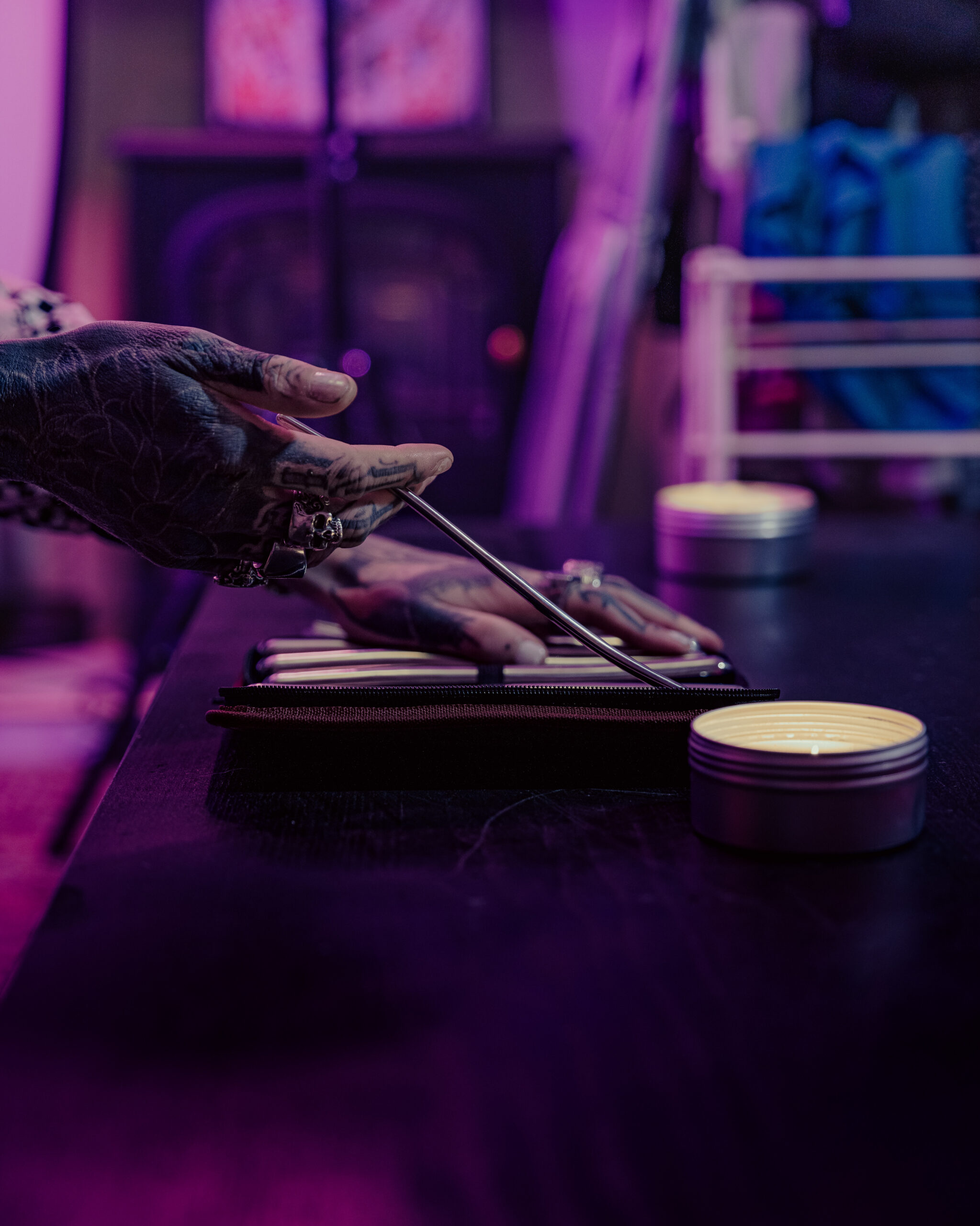Creating Inclusive Language

Inclusive language is crucial for creating a welcoming and respectful environment for all individuals, including those who identify as genderqueer. Genderqueer individuals challenge traditional notions of gender, often rejecting the binary categories of male and female.
Using gender-neutral terms and avoiding assumptions about someone’s gender identity can help foster a more inclusive atmosphere. Instead of using “he” or “she,” consider using “they,” “them,” or other gender-neutral pronouns.
Additionally, be mindful of language that reinforces binary gender stereotypes. For example, avoid phrases like “ladies and gentlemen” and opt for more inclusive alternatives such as “folks” or “everyone.” Remember, respecting someone’s chosen name and pronouns is fundamental to creating an inclusive space.
Respectful Communication
Respectful communication is essential when interacting with Carolina Wyser individuals who identify as genderqueer. Genderqueer individuals challenge traditional binary gender roles and expectations, often identifying outside the categories of male or female.
To ensure inclusive and respectful communication, it’s important to:
- Use gender-neutral language whenever possible.
- Avoid making assumptions about someone’s gender identity.
- Respect the pronouns a person identifies with.
- Be mindful of language that reinforces binary gender stereotypes.
- Use inclusive terms instead of potentially exclusionary phrases.

Advocating for Equal Rights
## Visibility and Representation
### Media and Popular Culture
### Role Models and Community Building
### Importance of Storytelling

Visibility and representation are crucial for empowering genderqueer individuals and fostering acceptance within society. Media and popular culture play a significant role in shaping perceptions and influencing societal norms.
Increased representation of genderqueer characters in film, television, literature, and other forms of media can help normalize their experiences and challenge stereotypes. Seeing themselves reflected positively in the media can boost self-esteem and create a sense of belonging for genderqueer individuals.
Role models within the community are also essential for providing guidance, support, and inspiration.
Stories shared by genderqueer people offer valuable insights into their lived experiences, struggles, and triumphs.
These narratives can help educate others about the diversity of gender identities and promote empathy and understanding. Storytelling has the power to break down barriers, challenge prejudice, and foster a more inclusive society.
screw driver sex position
Cafe Sant Jaume Valencia
- Why Get Lip Filler - November 18, 2025
- What Is The Downtime For Temple Fillers? - November 16, 2025
- What Are The Best CBD Infused Gummies For Pain And Anxiety - November 15, 2025
